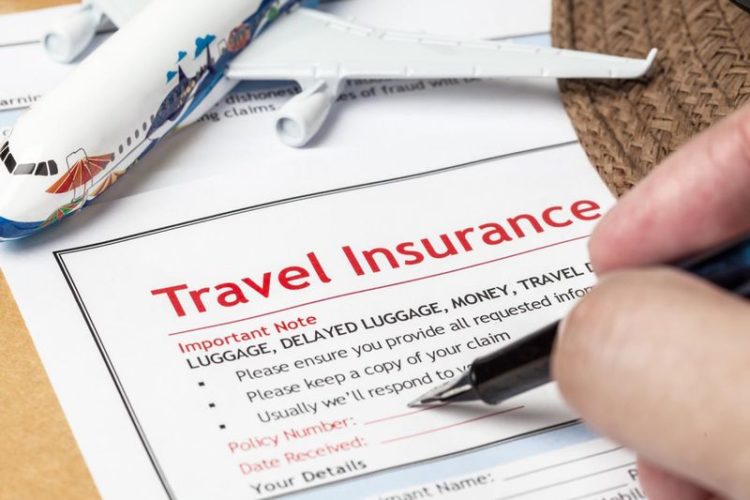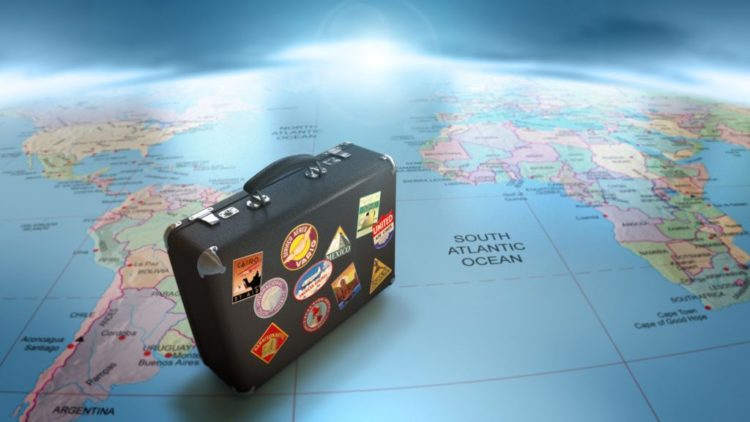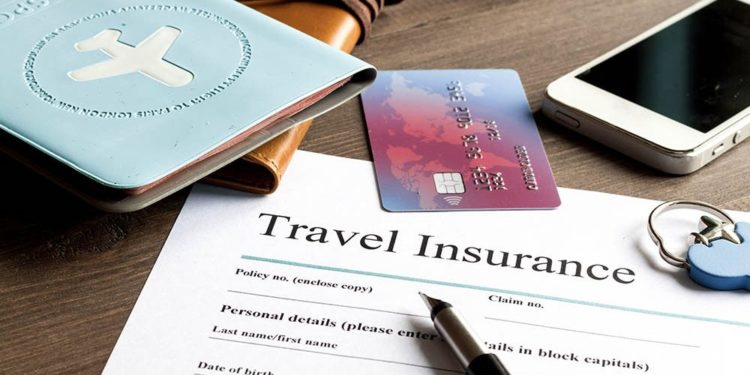As a general rule, life is unpredictable. No matter how carefully you plan, how cautiously you act or how little you risk, things can (and at some point, will) still go awry. The entire concept of insurance is built around this simple fact, and it has created one of the largest and most necessary industries in the world.
Health insurance is designed to help protect the physical and mental health of you and your family. Car insurance was created for all the things that can go wrong on the road. Life insurance provides financial security for your family in case the worst occurs. With all that can go wrong in life, each of these is an essential element of modern life.
So, with all of this protection in place for the hazards and dangers of day-to-day life, it only makes sense that you would want additional protection. This is especially true when leaving the familiarities and safety of home. This is where travel insurance comes in.
Travel insurance can help relieve the stress of traveling and allow you to enjoy your trip.
Page Contents
What is travel insurance?

source:tripmenia.com
Basically, travel insurance is exactly what it sounds like. Whereas car coverage protects you in your vehicle and medical one protects your health, travel insurance exists to provide security when traveling.
However, as is the case with all other forms of coverage, travel insurance is full of its own nuances, stipulations, and subtleties. There are also many types and variations of it and countless providers with their own specific pros and cons. When deciding if you need one (and then choosing the right one), it is important to do your homework.
The following guide is designed to help you do just that. In it, we’ll cover:
- Who needs travel insurance
- What travel coverage covers
- The types of travel coverage and features of each
- Pointers on choosing the right travel insurance
Do you need travel insurance?

source:globalguesthousetoronto.com
Travel insurance is not necessary for all trips. If you are taking a two-day business trip from the U.S. to Canada, you most likely do not need to purchase coverage. However, if you are taking a long cruise into international waters, you would certainly need to consider securing coverage before venturing out. You can check fastcover.com.au for more specifics on travel insurance for international cruises.
While there are several factors that should go into deciding on travel insurance, the most important is the cost and length of your trip. The more your trip costs, the more likely it is that you should purchase travel coverage. Similarly, the longer the trip, the more things there are to go wrong.
What does travel insurance cover?

source:economictimes.indiatimes.com
Even the best coverage cannot protect you from the infinite number of things that can go wrong, but it can provide security from some of the more common threatening possibilities. Generally speaking, travel insurance helps when:
- You need medical care while abroad
- You have to cancel a nonrefundable trip for due to sickness or a death in the family
- Your luggage is lost or stolen
- You require legal help while traveling
- You miss a flight or need a hotel
- You have a medical emergency that requires an immediate return home
- You have an accident that causes death or dismemberment
Coverage will vary depending on your provider and the specific plan you choose.
What types of travel insurance are there?

source:tripmenia.com
Just as there are many options for health or car insurance, you will find a wide variety of choices available when shopping for travel coverage. Most providers offer comprehensive coverage, which packages all of the benefits and protection into one plan.
However, many providers will also give the option to pick and choose your coverage features, based on your individual needs. For those who wish to customize their policy, below are some of the most common types of travel insurance.
Trip Cancellation, Interruption, and Delay

source:tripmenia.com
The most common and beneficial type of travel insurance provides financial security if your trip is canceled, delayed or cut short by unforeseen circumstances.
Trip cancellation coverage will refund you the cost of nonrefundable expenses when you are forced to cancel. While there are some offerings that allow you to cancel for any reason, the majority of cancellation insurance policies will only pay out if you are forced to cancel for specific reasons. The potential cancellation reasons will be included in your policy, and it is important to always read the fine print before paying for the coverage of any kind. Most policies cover cancellation if there is a death in your family or your cruise line goes out of business, but they will not pay if you simply change your mind.
Similarly, trip interruption insurance protects you financially if you are forced to cut your trip short, but only for certain reasons. Generally, these reasons are similar to or the same as the circumstances of trip cancellation insurance, but not always. Trip delay coverage adds protection if your flight is canceled or other similar circumstances force you to postpone.
Lost or Stolen Personal Belongings
Any frequent traveler has experienced a situation in which they lost something (or everything) on a trip. This type of travel insurance will provide financial restitution – up to a certain amount – in case your baggage or other belongings are lost or stolen during your trip.
Medical Insurance

source:sevencorners.com
For those on a traditional holiday or shorter trip, your current health coverage may provide some protection abroad as well. However, if you plan to be gone for several months or more, travel insurance can provide assistance if you need medical treatment while away.
Emergency Evacuation and Repatriation
If you are in an accident or suffer a major medical event in which you are incapacitated, you may not be able to make your own arrangements and travel home by normal means. In such a case, travel insurance can help you be cared for and brought home safely.
How do I choose the right travel insurance?

source:cualotourism.com
The majority of plans will offer some combination of all the coverages listed above. Choosing the right provider will be the most important part. Conduct your own research into the providers available before committing, and it is worth repeating, always read the fine print before purchasing coverage.
With the right information and consideration, you will be able to purchase the perfect protection for you while away. While the ideal situation would mean you don’t need it anyway, it is always better to be prepared than to experience a serious event in unfamiliar territory.





